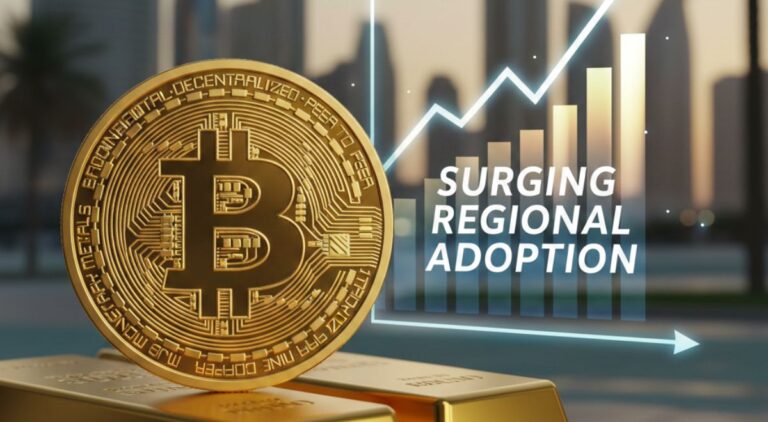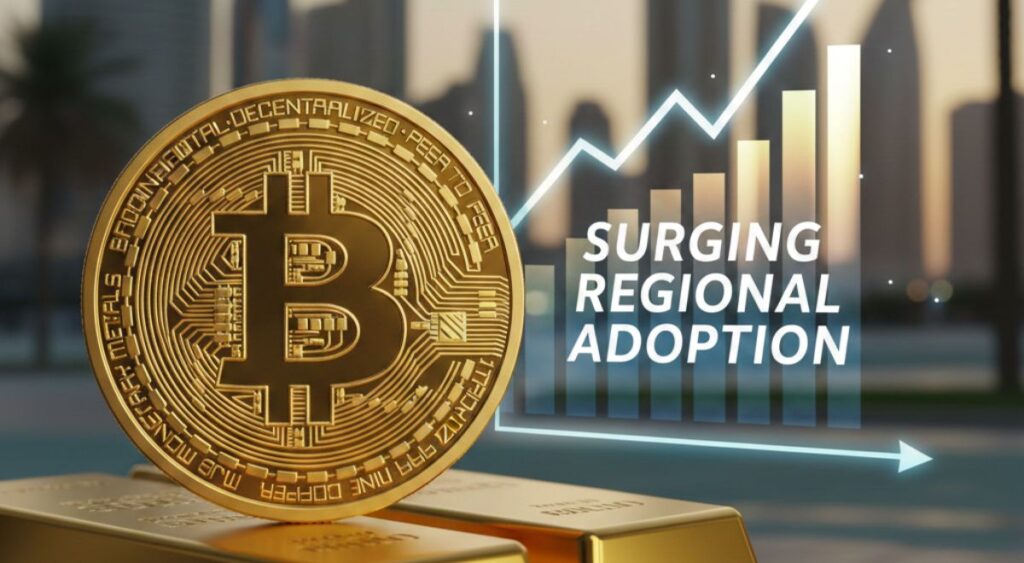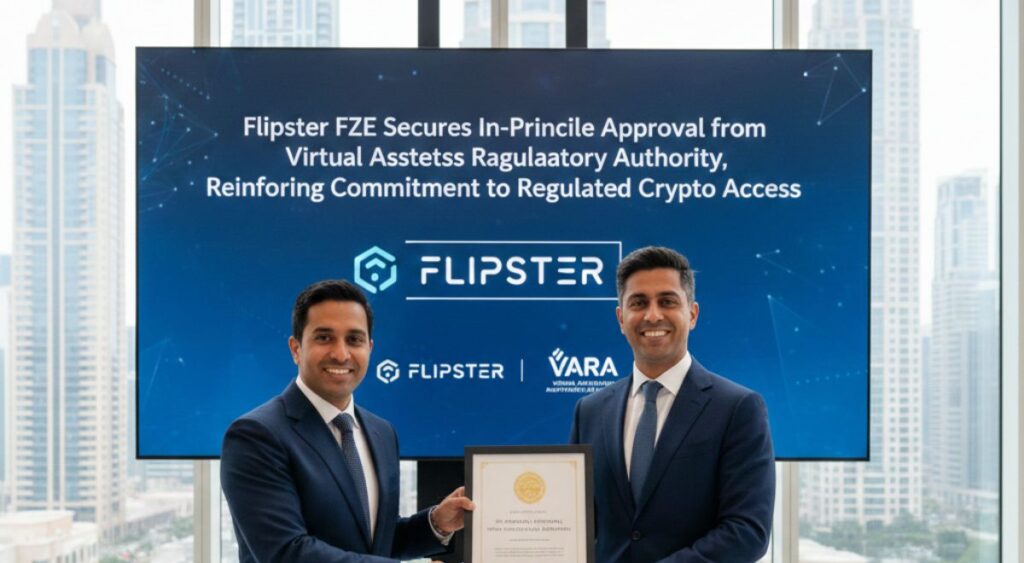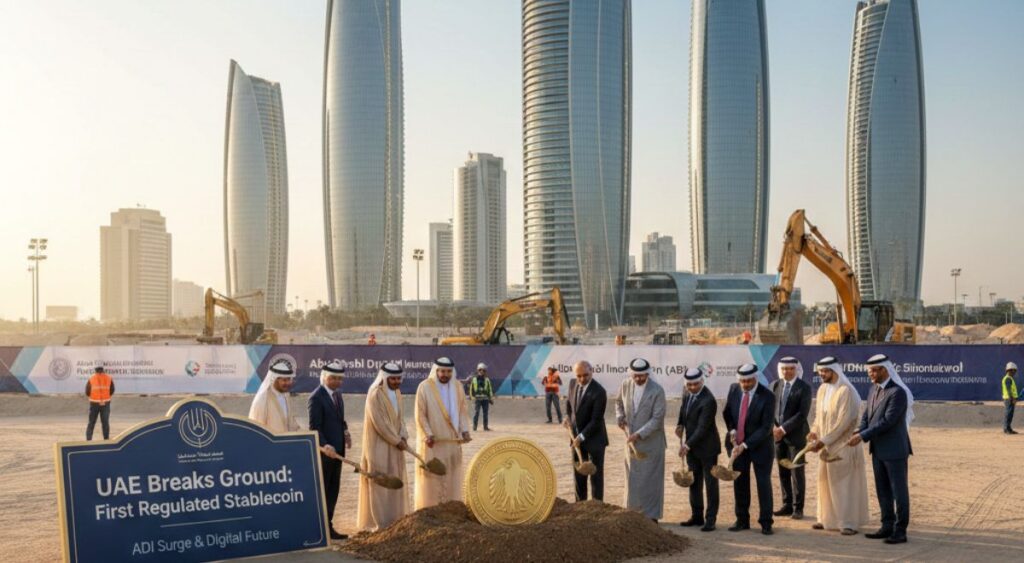Since the COVID-19 outbreak, non-fungible token (NFT) sales have skyrocketed and they continue to dominate the news. However, is there any financial regulation of NFTs in the Middle East? There have been more activities related to NFT in the Middle East and Africa, especially in the UAE. For example, in 2022, Art Dubai, the most prominent contemporary art fair in the MENA region, hosted nearly 100 international and local art dealers and a digital collection of 17 platforms and galleries that were all about displaying and selling NFTs. Undoubtedly, artists, collectors, investors, and corporations have all been scrambling to capitalize on the promise of NFTs and thoroughly comprehend how the market functions.
Although sales of NFTs have reached billions of dollars, the market still faces difficulties such as copyright, intellectual property rights, anti-money laundering rules, and estate planning. In the Middle East, particularly in the United Arab Emirates, there has been an increase in the purchasing, selling, and development of NFTs. This is even though an increasing number of nations are attempting to impose stringent financial regulatory restrictions on NFTs.
Financial regulation of NFTs in the Middle East?
Although there has been a boom in NFT-related activity and interest, the reality is that regulations and rules governing these instruments are still in their infancy in most parts of the Middle East and the rest of the world. There is often little visibility on the long-term legal implications of current or proposed legislation. While it’s true that we now live in a digital society, physical locations still matter regarding the rules and laws governing any given topic. In the Middle East, analysts believe that countries like the United Arab Emirates (UAE) will follow the lead of the United Kingdom and the United States by passing anti-money-laundering legislation and expanding its scope to include NFTs.
The Abu Dhabi Global Market (ADGM) in the United Arab Emirates (UAE) has produced a consultation document titled “Proposals for enhancements to capital markets and virtual assets in ADGM.” It has been proposed by the ADGM that businesses seeking to facilitate NFT trading do so under the supervision of the free zone’s monetary authority. It also believes NFTs may need to follow ADGM’s anti-money laundering and Sanction Rules. The Crypto Asset Regulations may apply to NFTs in minimal circumstances. All crypto assets that are securities or that are traded on an exchange are subject to these regulations. Thus, anti-money-laundering obligations may be triggered depending on the nature of the underlying asset. Nevertheless, although Dubai is working towards financial regulation by setting up a regulatory body to monitor virtual assets and their associated trades, it’s important to remember that the authority may only oversee dealings and property within Dubai. The United Arab Emirates, therefore, still has a long way to go.
In Saudi Arabia, on the other hand, there are no special regulations about buying, selling, or trading NFTs. However, the Saudi Arabian government’s support for NFTs is likely to help the market grow in the short to medium term.
Conclusion
There is a growing community of NFT artists and makers in the Middle East, although the region’s regulations are still a work in progress. For NFT issuers and investors to make informed decisions about the benefits and dangers of NFTs, they must be familiar with the financial regulation of NFTs in the Middle East. Staying abreast of the ever-evolving legal landscape is as essential as keeping up with the latest technological developments.
















